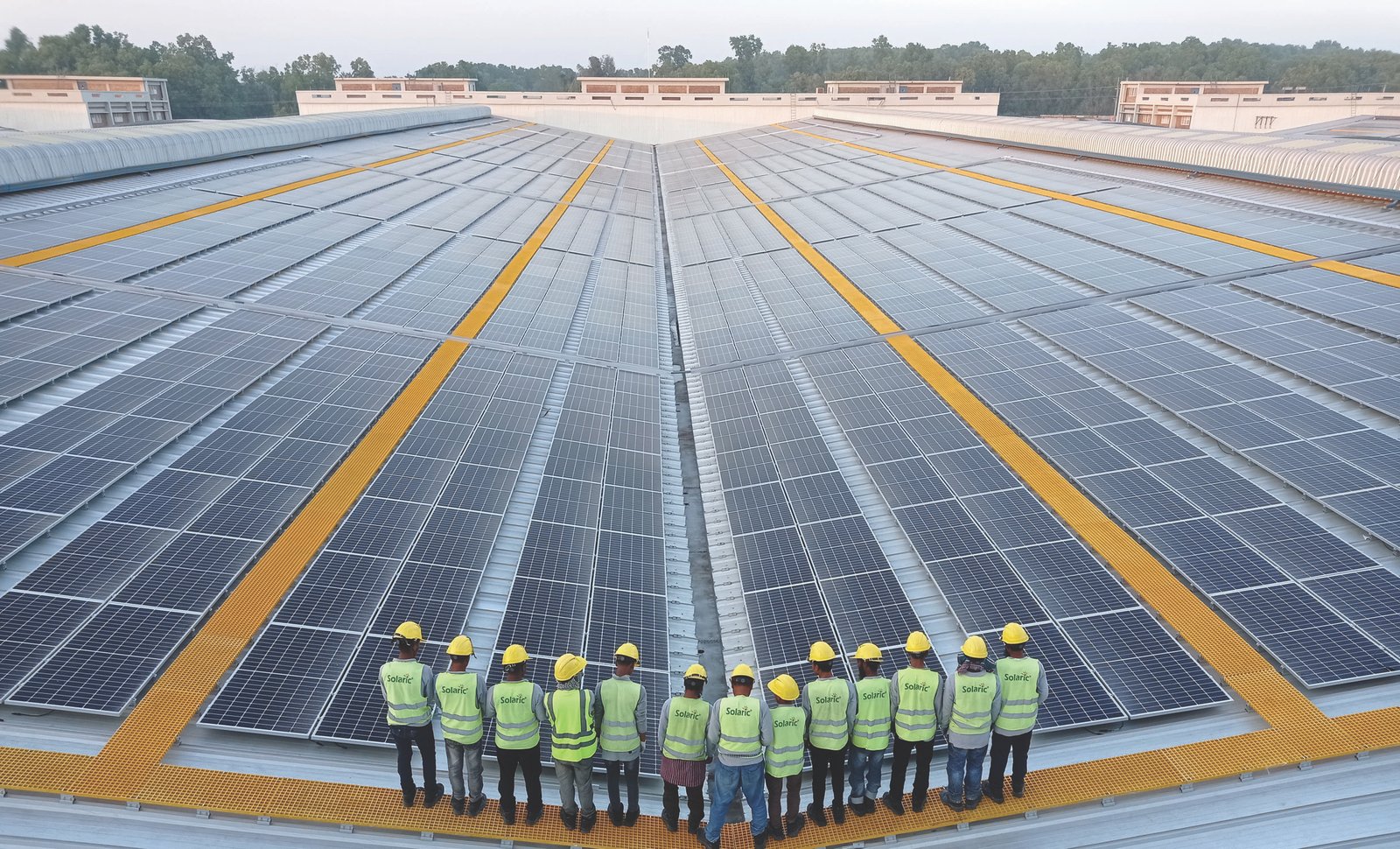
SOLARIC proudly showcases the first and world’s biggest rooftop solar project at the Korean Export Processing Zone (KEPZ). Youngone Group, a leading multinational apparel manufacturing company, has made a significant investment in partnership with SOLARIC as an EPC developer in renewable energy, installing a 42 MWp solar power system, starting in December 2020.
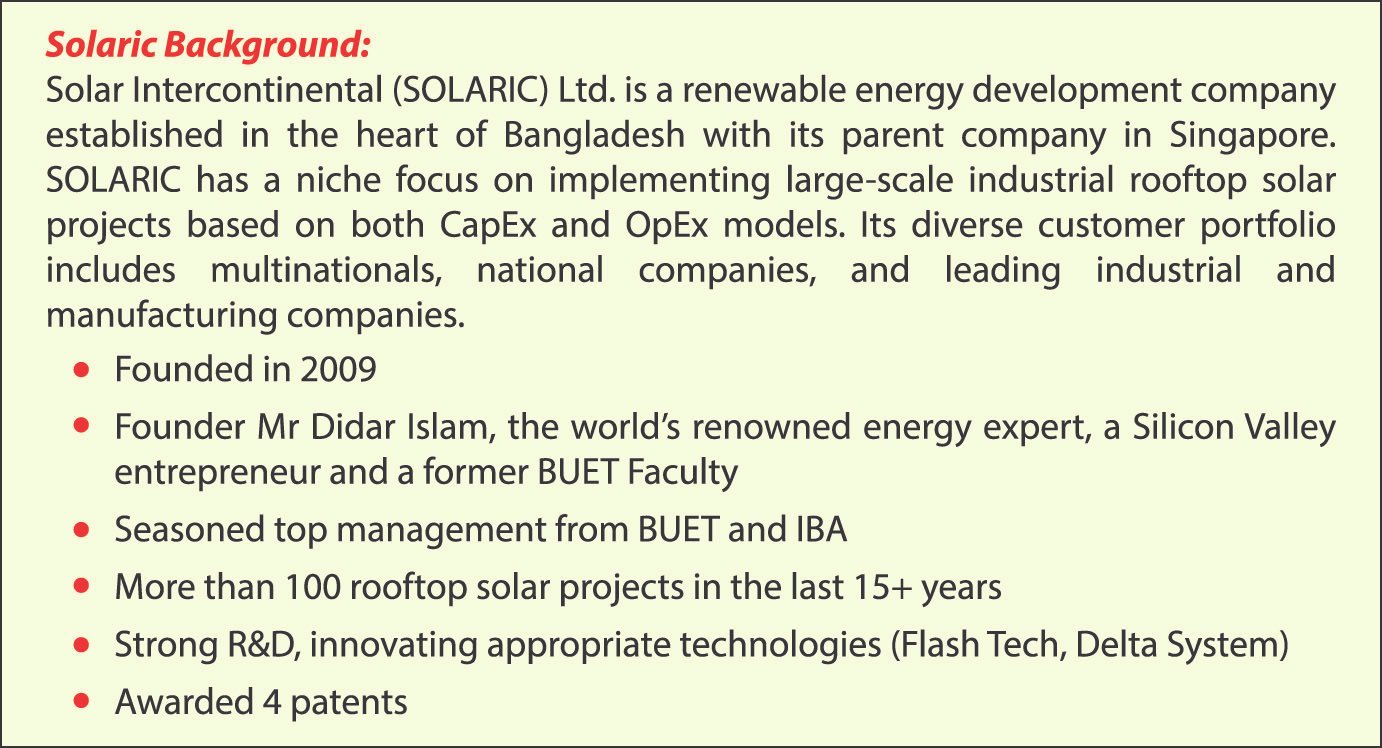

Youngone Group has made a significant investment in renewable energy with the installation of a 42 MWp rooftop solar power system. This Capex model project generates an impressive 4,410,000 kWh of energy monthly, leading to savings of BDT 56 Lac on electricity bills. Equipped with 96,918 QCELL solar panels and 570 SOFARSOLAR string inverters, this initiative reflects the company's commitment to sustainability and energy efficiency.
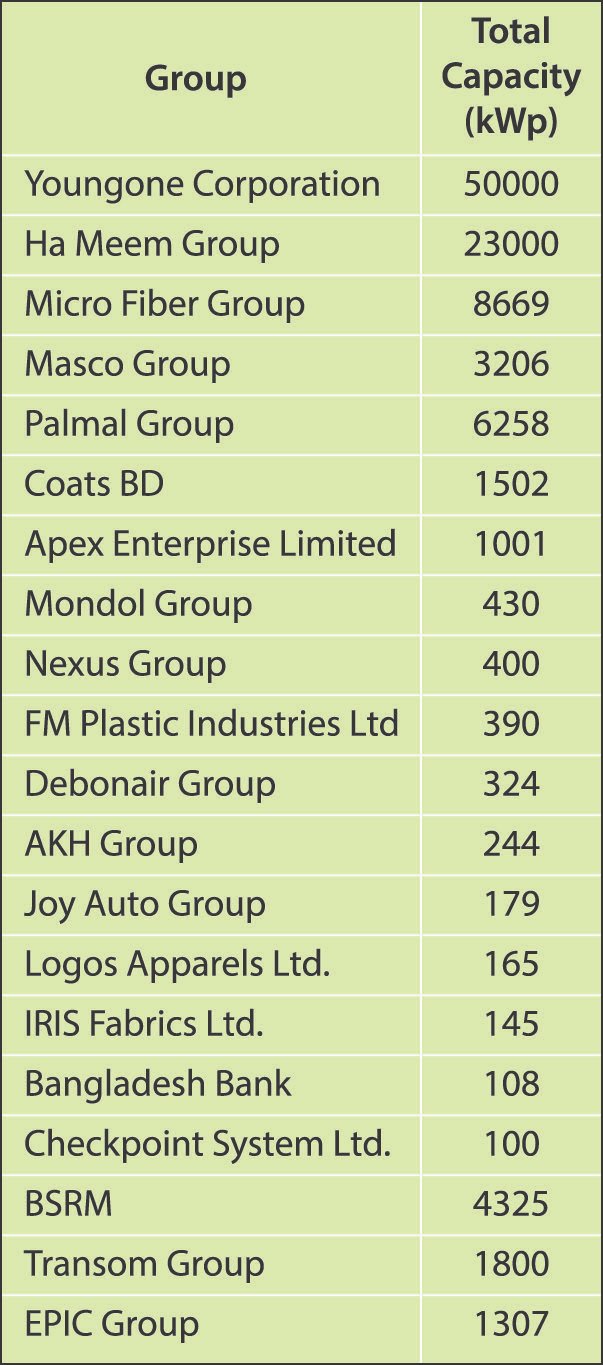
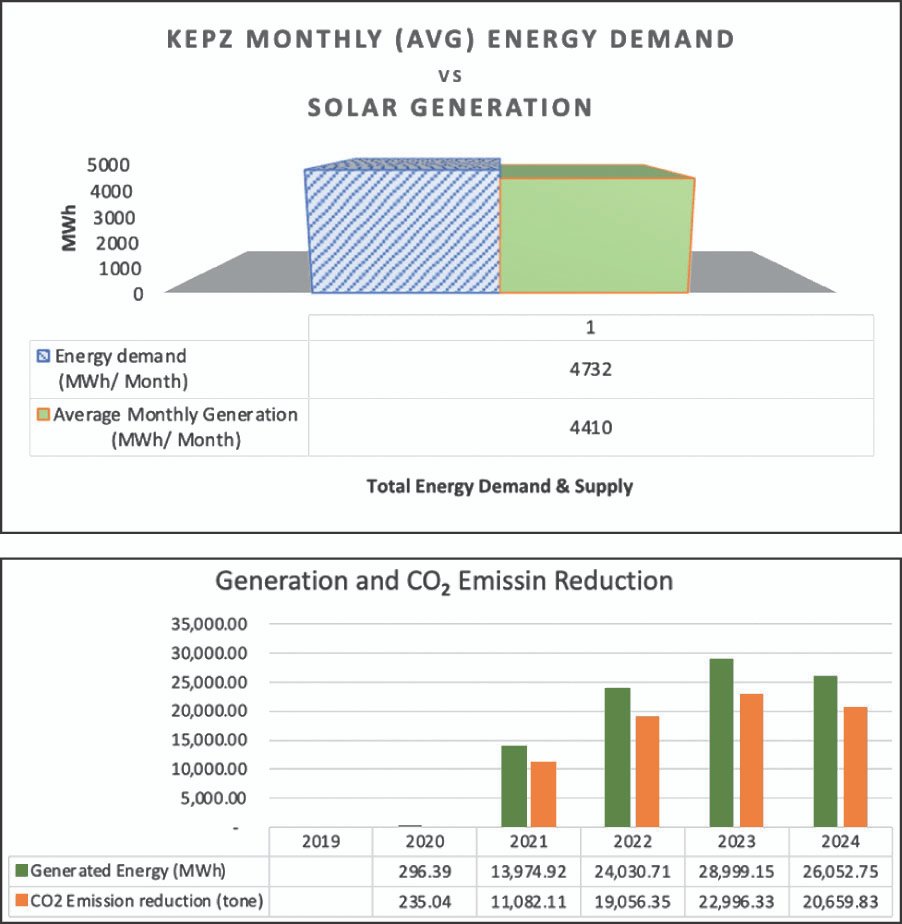
Key Features of SOLARIC Technology:
Innovation is at the heart of SOLARIC’s values. Some of our key innovative features are:
Ø Zero Export Controller (ZEC)
Ø 100% Water Proof Flash Technology
Ø Delta System
Our Green-Partners
With the proven track record of more than 14 years exclusively in renewable energy field, we have established a strong presence in the market with 120MWp rooftop solar plants with commissioned and in pipeline. We already have a portfolio of 50 GWhr generated energy and the journey goes on.
SOLARIC is proud to have partnered with some of the most prestigious industries operating in Bangladesh.
The Future of SOLARIC
We are on a mission to develop industrial rooftop solar projects that yields green energy with a vision to become the most trusted renewable energy producer by combining global resources with local talent.
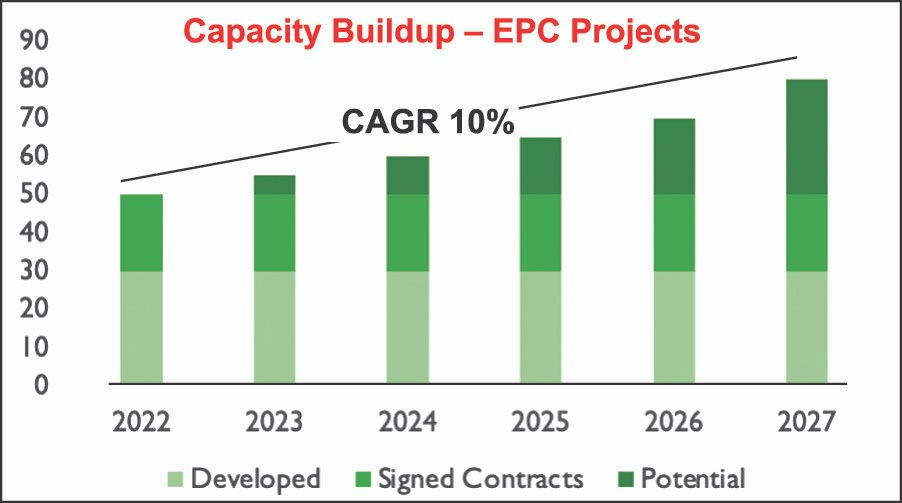
SOLARIC realizes that sustainability, net-zero goals, and green energy adoption are vital for Bangladesh, especially in the textile sector, which is a cornerstone of its economy. Transitioning to green energy practices aligns with the Sustainable Development Goals (SDGs), enhancing the industry's resilience against climate challenges and helping mitigate pollution, resource overuse, and energy inefficiencies. Aiming for net-zero emissions can significantly reduce the environmental footprint of the textile industry, which consumes vast amounts of water and energy. By investing in green energy sources like solar, Bangladesh can reduce dependency on fossil fuels, foster cleaner production processes, and position its textile industry as a global leader in sustainable fashion. This shift not only supports green transition of Bangladesh but also meets international demand for eco-friendly products, enhancing competitiveness and sustainable economic growth.
Download COP29 Special As PDF/userfiles/EP_22_10_COP29 Naznin Akther.pdf
Engr. Naznin Akther, Director, Business Development, SOLARIC



